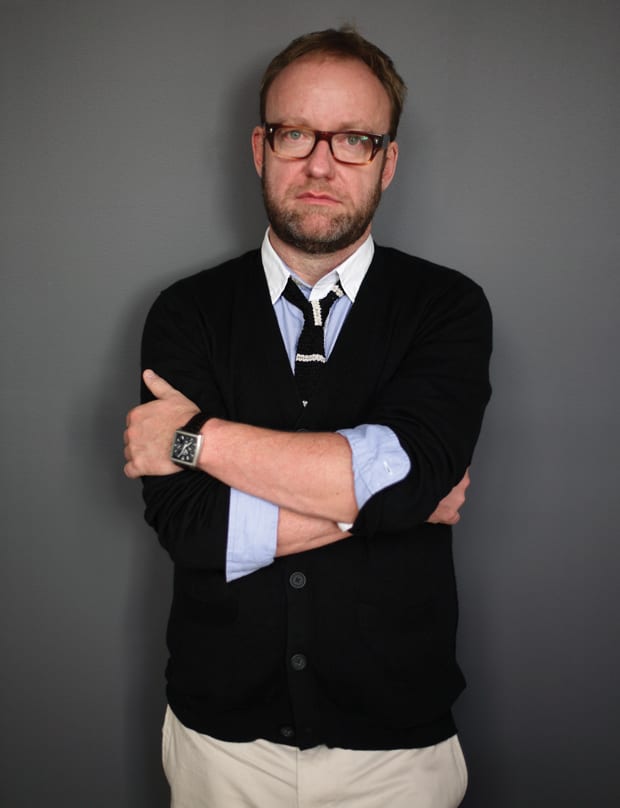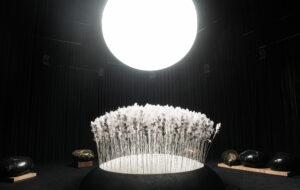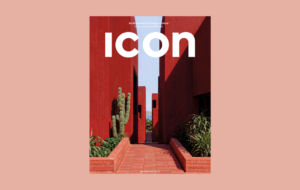
words Clare Dowdy
Why do we keep going back to brands that kick us in the nuts? IDEO’s chief creative officer talks about how consumers are demanding more, and luxury companies are letting them down.
How is consumer behaviour changing?
There are two things that consumers want. Firstly, they want to be part of the creation cycle of products. So the days of the client cooking up something in his lab and selling it to people are completely over. Consumers want to be recognised as generative beings, not just people who say, “Yes, I like cornflakes.” They want to see their ideas about cornflakes out in the world. They also want to help brands tell that story, so the communication cycle has changed. We’ve gone from monologue to dialogue. And that conversation will be rich and nuanced.
Are some businesses responding to this better than others?
Certain industries are pushing content at consumers as if they were cattle and not really engaging with them. The airline industry drives me up the wall. They’re a festival of over-promise and under-delivery. They over-promise service, punctuality, food and experience. The one I’m most on at the moment is the healthcare industry, where I literally can’t tell the difference between one product and the next, in terms of naming, branding or communication. I can’t tell if it’s erectile dysfunction or blood pressure or rheumatoid arthritis.
How will consumers expect to interact with brands in the future?
More and more people are now looking to understand what’s behind things, the real story, and consumers grumble publicly. When you’re selecting a company you want to engage with, you do your homework. I was about to go on vacation to a high-luxury hotel in Bora Bora recently and I thought I’d just check the place out online. There was a slew of people going, “Oh my God, it was crap, don’t bother,” so I went somewhere else. The things companies don’t charge for are the things customers really care about. My favourite example is paying for the internet in an expensive hotel. It makes me mental. I can get it free in Starbucks next door, but I have to pay for it at W hotels. It’s these kinds of things that break brands in my opinion, the little things.
But you kept going back to W hotels. Didn’t you think of ditching them?
Brands have to kick us in the nuts several times before we leave them, but I do think that we’re starting to be more discerning. I’m about to graduate out of the W brand anyway, because I’m definitely the fattest, oldest one in the lobby. Next time I’m in San Francisco, I’ll stay in the Vitale down the road, which is a new little punk-rock place that’s just opened.
You were scathing in your presentation on the future of luxury at the American Express Luxury Summit. Why?
I had to go to a wedding in California. I’d gone to Bond Street dressed expensive-casual, and I wanted to spend about a thousand pounds on a really nice jacket. I went to two stores and had two so-called luxury experiences. In the first they completely ignored me, it was like that scene in Pretty Woman with Julia Roberts: “You’re a hooker, we don’t care.” In the next store the guy dry-humped me around the store to get the money out of my wallet, which was horrible. I got so exasperated I went online to JCrew.com, a mass American brand, where there was a $299 velvet jacket. I said to them, “I don’t live in the US, can you help me?” A very nice lady said, “Why don’t we just ship it to your hotel in California for you?” So they shipped it to my hotel in a suit pack, they’d taken it out of the plastic and pressed it. I got there to find a beautiful hunter green jacket. I went on a rant on stage at Walpole to the luxury crowd about this, and said, “You guys have no clue.”


















